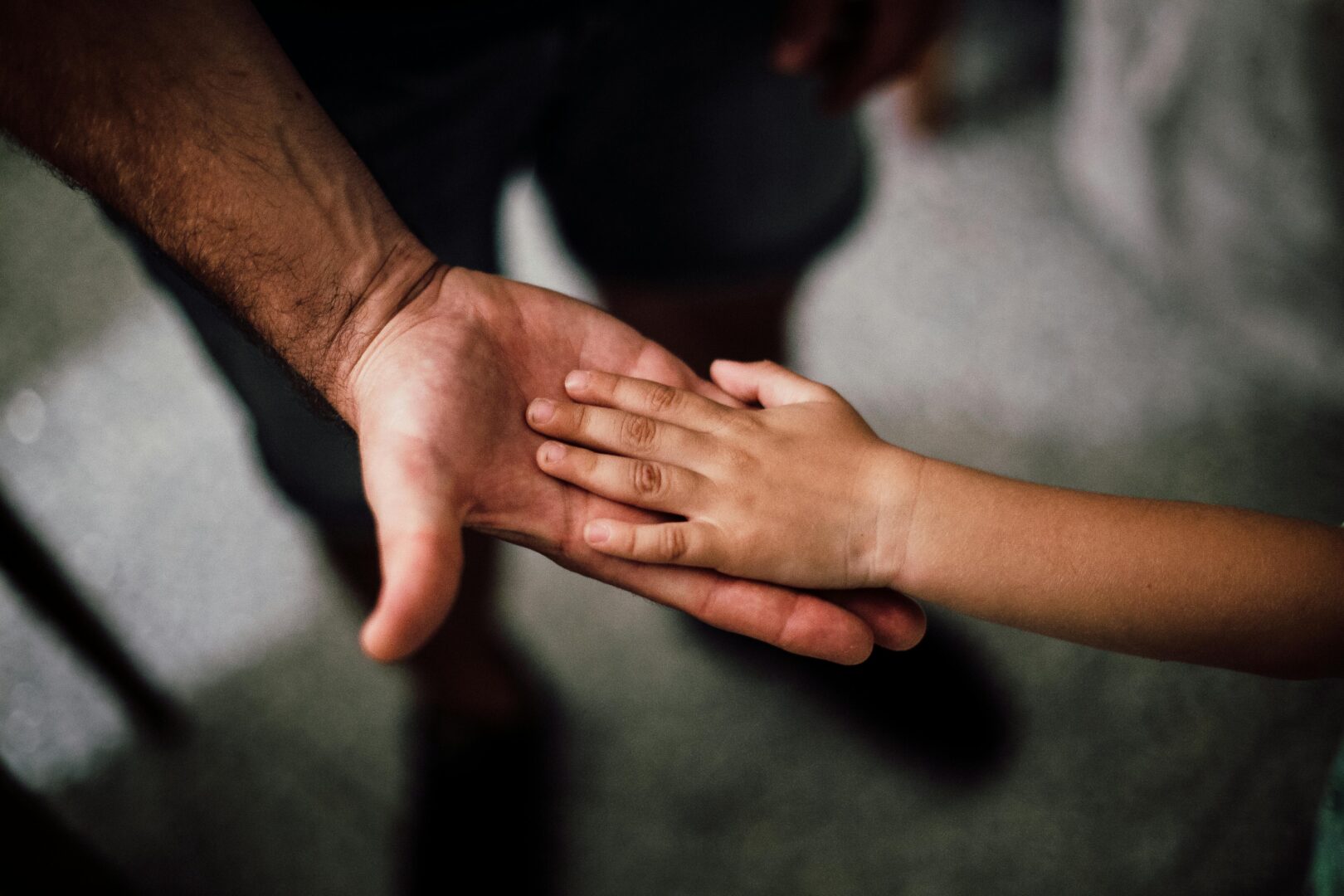
Shedding Light on Child Abuse Awareness Month

April marks the observance of Child Abuse Awareness Month, a time dedicated to raising awareness about the prevalence and devastating impact of child abuse in our communities. For the Southern Baptist Convention, this month should serve as a crucial reminder of the responsibility we bear in safeguarding the most vulnerable among us each week in our churches.
The origins of Child Abuse Awareness Month can be traced back to the 1980s when individuals and organizations began advocating for greater awareness and action to address the issue of child abuse. In 1983, President Ronald Reagan declared April as National Child Abuse Prevention Month, urging communities to come together to prevent child abuse and neglect.
Since then, Child Abuse Awareness Month has evolved into a global movement, with organizations and advocates around the world working tirelessly to raise awareness, support survivors, and promote prevention efforts. As members of a sexual abuse task force, we understand the critical role that faith communities like our own Convention play in addressing and preventing child abuse not just in our churches, but in our cities and towns. Churches serve as places of refuge and support for families, but they also can serve as spaces where abuse may occur.
The statistics surrounding child abuse are staggering. According to the National Children’s Alliance, nearly 700,000 children are abused in the United States annually. This number represents not just a statistic, but the very real experiences of countless children who endure physical, emotional, and sexual abuse every day. As members of the SBC, the largest Protestant denomination in the country, we must never turn a blind eye to this reality.
Child abuse knows no boundaries—it affects male and female children of all ages, races, and socio-economic backgrounds. It is a pervasive issue that requires a concerted effort from all sectors of society, including religious institutions. As believers, we are called to protect and nurture the most vulnerable among us, especially our children.
So, what can churches do to prevent child abuse and support survivors within their congregations?
- Educating and Training: It is essential for church leaders, staff, and volunteers to undergo training on recognizing the signs of child abuse and how to respond appropriately. Becoming a Church that Cares Well for the Abused is an in-depth curriculum that was written by members, pastors, and counselors of SBC churches as well as national experts in abuse prevention outside of the SBC. In the next few months, the ARITF will be releasing a new curriculum to assist pastors and other local church leaders with abuse prevention in their churches. These two resources complement each other.
- Establishing Policies and Procedures: Churches should develop clear policies and procedures for preventing and responding to allegations of child abuse. This includes implementing background checks for volunteers and staff who work with children, as well as establishing protocols for reporting suspected abuse to the appropriate authorities. And as always, leaders should understand their state’s mandated reporting laws.
- Creating Safe Spaces: Churches should strive to create environments where children are safe and supported. This may involve implementing safety measures such as having multiple adults present during youth activities, ensuring visibility and transparency in all interactions, and providing resources for children and families who may be experiencing abuse.
- Supporting Survivors: It is essential for churches to offer support and resources for survivors of child abuse within their congregations. This may include providing counseling services, connecting survivors with community resources, and creating a caring and understanding culture within the church community.
As we observe Child Abuse Awareness Month, let us commit ourselves to be vigilant advocates for children’s safety and well-being in our churches. Together, we can make a difference and create safer, healthier communities for our children to thrive.
Jesus instructs us to, “Let the little children come to me, and do not hinder them, for the kingdom of heaven belongs to such as these” (Matthew 19:14, NIV). Let us heed this call and do everything in our power to protect and nurture the precious children in our midst.